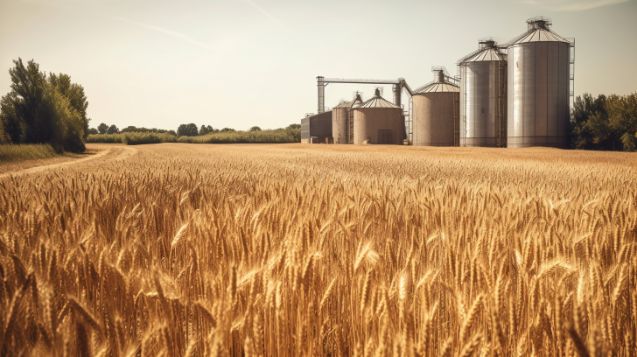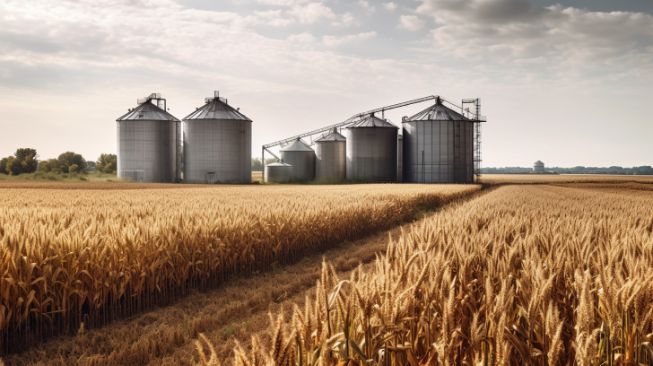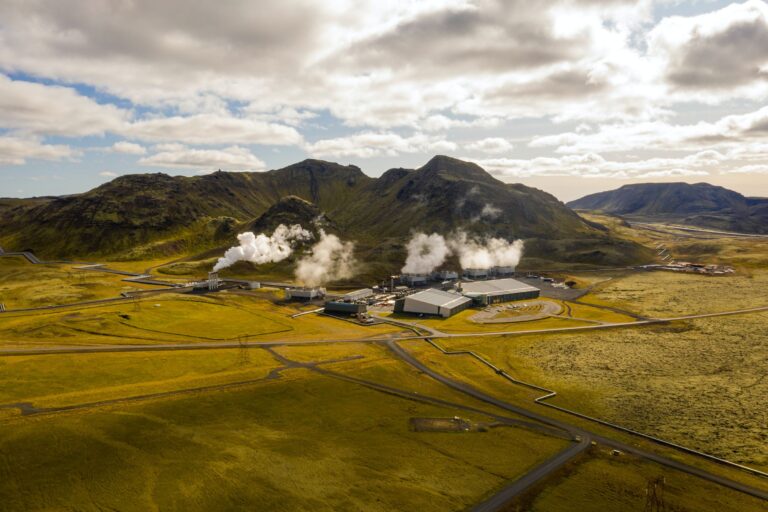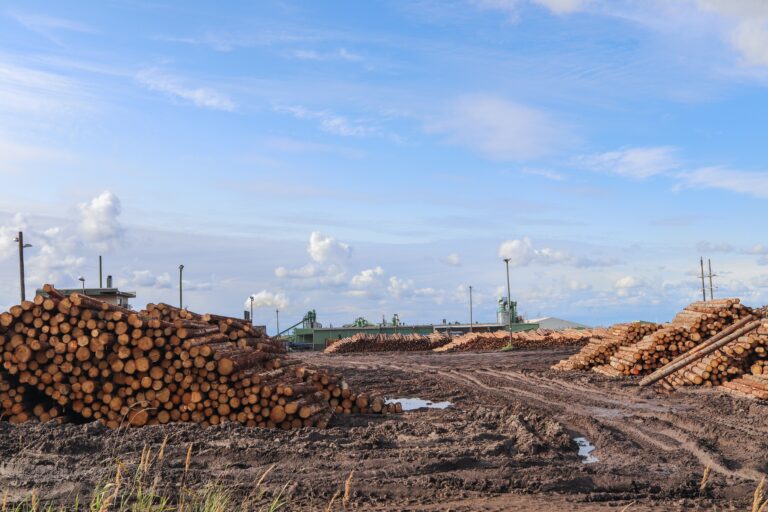The Potential Environmental Impacts of Bioenergy
Key Takeaway: Using organic materials like waste and plant products, bioenergy may be produced to lower fossil fuel use and greenhouse gas emissions. But feedstock, manufacturing techniques, and technology may have a big influence on the environment. While lowering carbon footprints, first-generation biofuels may change how land is used, which would have an impact on…





